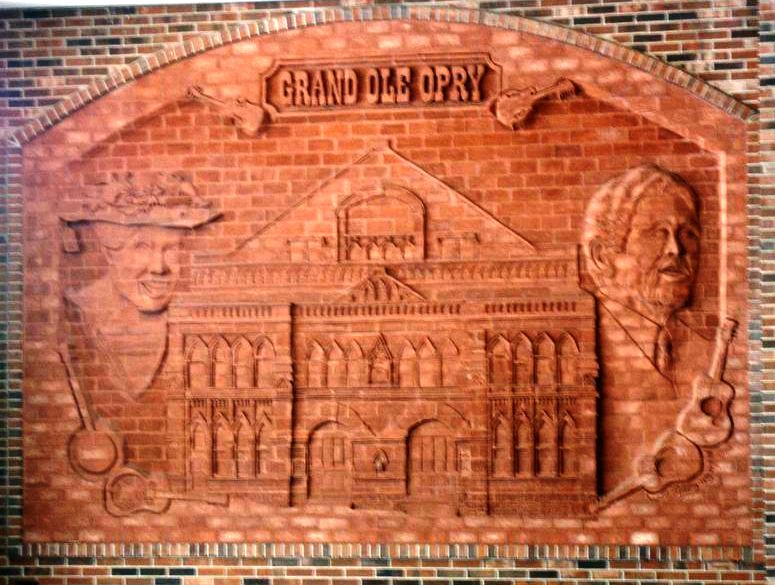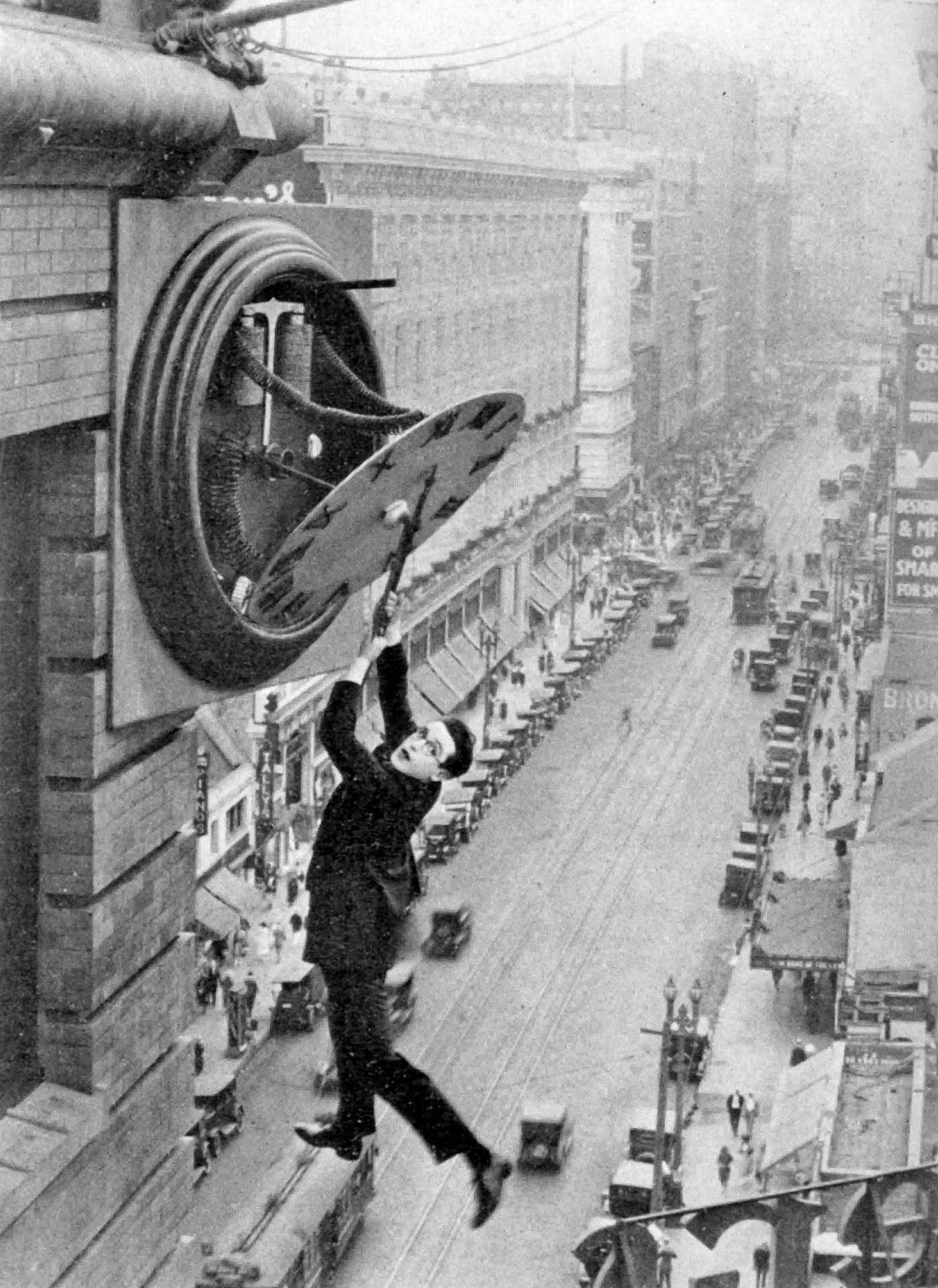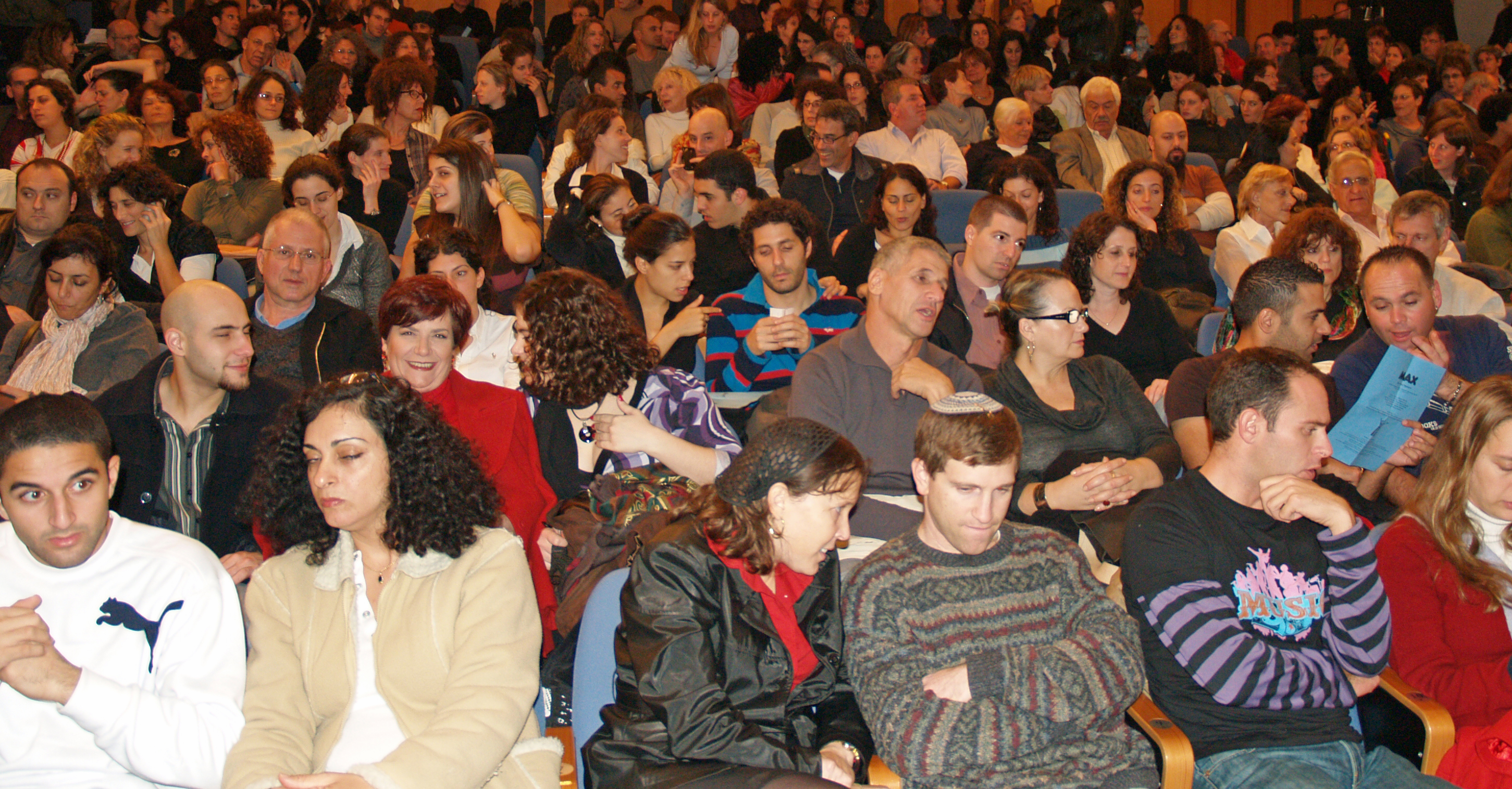|
Radio Programming
Radio programming is the process of organising a schedule of radio content for commercial broadcasting and public broadcasting by radio stations. History The original inventors of radio, from Guglielmo Marconi's time on, expected it to be used for one-on-one wireless communication tasks where telephones and telegraphs could not be used because of the problems involved in stringing copper wires from one point to another, such as in ship-to-shore communications. Those inventors had no expectations whatever that radio would become a major mass media entertainment and information medium earning many millions of dollars in revenues annually through radio advertising commercials or sponsorship. These latter uses were brought about after 1920 by business entrepreneurs such as David Sarnoff, who created the National Broadcasting Company (NBC), and William S. Paley, who built Columbia Broadcasting System (CBS). These broadcasting (as opposed to narrowcasting) business organizations ... [...More Info...] [...Related Items...] OR: [Wikipedia] [Google] [Baidu] |
Broadcast Programming
Broadcast programming is the practice of organizing or ordering (scheduling) of broadcast media shows, typically radio and television, in a daily, weekly, monthly, quarterly, or season-long schedule. Modern broadcasters use broadcast automation to regularly change the scheduling of their shows to build an audience for a new show, retain that audience, or compete with other broadcasters' shows. Most broadcast television shows are presented weekly in prime time or daily in other dayparts, though there are many exceptions. At a micro level, scheduling is the minute planning of the transmission; what to broadcast and when, ensuring an adequate or maximum utilization of airtime. Television scheduling strategies are employed to give shows the best possible chance of attracting and retaining an audience. They are used to deliver shows to audiences when they are most likely to want to watch them and deliver audiences to advertisers in the composition that makes their advertising ... [...More Info...] [...Related Items...] OR: [Wikipedia] [Google] [Baidu] |
Columbia Broadcasting System
CBS Broadcasting Inc., commonly shortened to CBS (an abbreviation of its original name, Columbia Broadcasting System), is an American commercial broadcast television and radio network serving as the flagship property of the CBS Entertainment Group division of Paramount Global and is one of the company's three flagship subsidiaries, along with namesake Paramount Pictures and MTV. Founded in 1927, headquartered at the CBS Building in New York City and being part of the " Big Three" television networks, CBS has major production facilities and operations at the CBS Broadcast Center and the headquarters of owner Paramount at One Astor Plaza (both also in that city) and Television City and the CBS Studio Center in Los Angeles. It is sometimes referred to as the Eye Network, after the company's trademark symbol of an eye (which has been in use since October 20, 1951), and also the Tiffany Network, which alludes to the perceived high quality of its programming during the tenur ... [...More Info...] [...Related Items...] OR: [Wikipedia] [Google] [Baidu] |
Soap Opera
A soap opera (also called a daytime drama or soap) is a genre of a long-running radio or television Serial (radio and television), serial, frequently characterized by melodrama, ensemble casts, and sentimentality. The term ''soap opera'' originated from radio dramas originally being sponsored by soap manufacturers.Bowles, p. 118. The term was preceded by ''horse opera'', a derogatory term for low-budget Western (genre), Westerns. According to some dictionaries, for something to be adequately described as a soap opera, it need not be long-running; but some authors define the word in a way that excludes short-running serial dramas from their definition. BBC Radio's ''The Archers'', first Broadcasting, broadcast in 1950, is the world's longest-running soap opera. The longest-running television soap opera is ''Coronation Street'', which was first broadcast on ITV (TV network), ITV in 1960. According to Albert Moran, one of the defining features that make a television program a soap ... [...More Info...] [...Related Items...] OR: [Wikipedia] [Google] [Baidu] |
Country Music
Country (also called country and western) is a popular music, music genre originating in the southern regions of the United States, both the American South and American southwest, the Southwest. First produced in the 1920s, country music is primarily focused on singing Narrative, stories about Working class in the United States, working-class and blue-collar worker, blue-collar American life. Country music is known for its ballads and dance tunes (i.e., "Honky-tonk#Music, honky-tonk music") with simple form, folk lyrics, and harmonies generally accompanied by instruments such as banjos, fiddles, harmonicas, and many types of guitar (including acoustic guitar, acoustic, electric guitar, electric, steel guitar, steel, and resonator guitar, resonator guitars). Though it is primarily rooted in various forms of American folk music, such as old-time music and Appalachian music, many other traditions, including African-American, Music of Mexico, Mexican, Music of Ireland, Irish, and ... [...More Info...] [...Related Items...] OR: [Wikipedia] [Google] [Baidu] |
Grand Ole Opry
The ''Grand Ole Opry'' is a regular live country music, country-music Radio broadcasting, radio broadcast originating from Nashville, Tennessee, Nashville, Tennessee, on WSM (AM), WSM, held between two and five nights per week, depending on the time of year. It was founded on November 28, 1925, by George D. Hay as the ''WSM Barn Dance'', taking its current name in 1927. Currently owned and operated by Opry Entertainment (a joint venture between NBCUniversal, Atairos and majority shareholder Ryman Hospitality Properties), it is the longest-running radio broadcast in U.S. history. Dedicated to honoring country music and its history, the Opry showcases a mix of famous singers and contemporary Record chart, chart-toppers performing country, Bluegrass music, bluegrass, Americana (music), Americana, folk music, folk, and gospel music, gospel music as well as comedy, comedic performances and Sketch comedy, skits. It attracts hundreds of thousands of visitors from around the world and mil ... [...More Info...] [...Related Items...] OR: [Wikipedia] [Google] [Baidu] |
Hollywood (film Industry)
The cinema of the United States, primarily associated with major film studios collectively referred to as Hollywood, Los Angeles, Hollywood, has significantly influenced the global film industry since the early 20th century. Classical Hollywood cinema, a filmmaking style developed in the 1910s, continues to shape many American films today. While French filmmakers Auguste and Louis Lumière are often credited with modern cinema's origins, American filmmaking quickly rose to global dominance. As of 2017, more than 600 :English-language films, English-language films were released annually in the U.S., making it the fourth-largest producer of films, trailing only Cinema of India, India, Cinema of Japan, Japan, and Cinema of China, China. Although the Cinema of the United Kingdom, United Kingdom, Cinema of Canada, Canada, Cinema of Australia, Australia, and Cinema of New Zealand, New Zealand also produce English-language films, they are not directly part of the Hollywood system. D ... [...More Info...] [...Related Items...] OR: [Wikipedia] [Google] [Baidu] |
Radio Drama
Radio drama (or audio drama, audio play, radio play, radio theatre, or audio theatre) is a dramatized, dramatised, purely acoustic performance. With no visual component, radio drama depends on dialogue, music and sound effects to help the listener imagine the characters and story: "It is auditory in the physical dimension but equally powerful as a visual force in the psychological dimension." Radio drama includes plays specifically written for radio, docudrama, dramatised works of fiction, as well as Play (theatre), plays originally written for the theatre, including musical theatre, and opera. Radio drama achieved widespread popularity within a decade of its initial development in the 1920s. By the 1940s, it was a leading international popular entertainment. With the advent of television in the 1950s, radio drama began losing its audience. However, it remains popular in much of the world. Recordings of OTR (old-time radio) survive today in the audio archives of collectors, lib ... [...More Info...] [...Related Items...] OR: [Wikipedia] [Google] [Baidu] |
Radio Comedy
Radio comedy, or comedy, comedic radio programming, is a radio broadcast that may involve variety show, sitcom elements, sketch comedy, sketches, and various types of comedy found in other media. It may also include more surreal or fantastic elements, as these can be conveyed on a small budget with just a few sound effects or some simple dialogue. Radio comedy began in the United States in 1930, based on the fact that as most United Kingdom music hall comedians such as Charlie Chaplin and Stan Laurel progressed to silent films, they moved to cinema of the United States, Hollywood and fed the radio comedy field. Another British music hall comic, George Formby, stayed in the British movie industry, and in 1940 joined the Entertainments National Service Association to entertain British World War II troops. UK radio comedy therefore started later, in the 1950s. Background and history Radio comedy began in the United States in 1930, and got a much later start in the United Kingdom becau ... [...More Info...] [...Related Items...] OR: [Wikipedia] [Google] [Baidu] |
Radio Commercial
In the United States, commercial radio stations make most of their revenue by selling airtime to be used for running radio advertisements. These advertisements are the result of a business or a service providing a valuable consideration, usually money, in exchange for the station airing their commercial or mentioning them on air. The most common advertisements are "spot commercials", which normally last for no more than one minute, although extended versions, commonly running for up to 45, 60 or more minutes, are termed " informercials" because they delve deeper into detailed information on and stories about commercial product or service offerings. The United States Federal Communications Commission (FCC), established under the Communications Act of 1934, regulates commercial broadcasting, and the laws regarding remain relatively unchanged from the Radio Act of 1927. In 2015, radio accounted for 7.8% of total U.S. media expenditures. History Commercial advertising by audi ... [...More Info...] [...Related Items...] OR: [Wikipedia] [Google] [Baidu] |
Audience
An audience is a group of people who participate in a show or encounter a work of art, literature (in which they are called "readers"), theatre, music (in which they are called "listeners"), video games (in which they are called "players"), or academics in any medium. Audience members participate in different ways in different kinds of art. Some events invite overt audience participation and others allow only modest clapping and criticism and reception. Media audience studies have become a recognized part of the curriculum. Audience theory offers scholarly insight into audiences in general. These insights shape our knowledge of just how audiences affect and are affected by different forms of art. The biggest art form is the mass media. Films, video games, radio shows, software (and hardware), and other formats are affected by the audience and its reviews and recommendations. In the age of easy internet participation and citizen journalism, professional creators share space, and ... [...More Info...] [...Related Items...] OR: [Wikipedia] [Google] [Baidu] |
Independent Radio
Independent radio indicates a radio station that are run in a manner,different from usual from the countries it broadcasts in. Conversely, in places such as the United States, where commercial broadcasters are the norm, independent radio is sometimes used to refer to non-commercial educational radio stations that are primarly supported by listener contributions and are this ''independent'' of commercial advertising concerns. With the advent of large commercial broadcast radio network companies, and the general adoption of the term ''public radio'' in the United States to refer to non- religious radio-oriented listener-supported stations, the term has also been used to refer to commercial radio stations that are run ''independently'' of the large radio conglomerates. See also * Independent Local Radio * Internet radio Internet radio, also known as online radio, web radio, net radio, streaming radio, e-radio and IP radio, is a digital audio service transmitted via the Interne ... [...More Info...] [...Related Items...] OR: [Wikipedia] [Google] [Baidu] |
Owned And Operated
In the broadcasting industry, an owned-and-operated station (frequently abbreviated as an O&O) usually refers to a television or radio station owned by the network with which it is associated. This distinguishes such a station from an affiliate, which is independently owned and carries network programming by contract. The concept of an O&O is clearly defined in the United States and Canada (and to some extent, several other countries such as the United Kingdom, Australia, Brazil, Argentina and Japan), where network-owned stations had historically been the exception rather than the rule. In such places, broadcasting licenses are generally issued on a local (rather than national) basis, and there is (or was) some sort of regulatory mechanism in place to prevent any company (including a broadcasting network) from owning stations in every market in the country. In other parts of the world (France, Italy, Spain, Chile, Peru, Uruguay) many television networks were given national broad ... [...More Info...] [...Related Items...] OR: [Wikipedia] [Google] [Baidu] |





